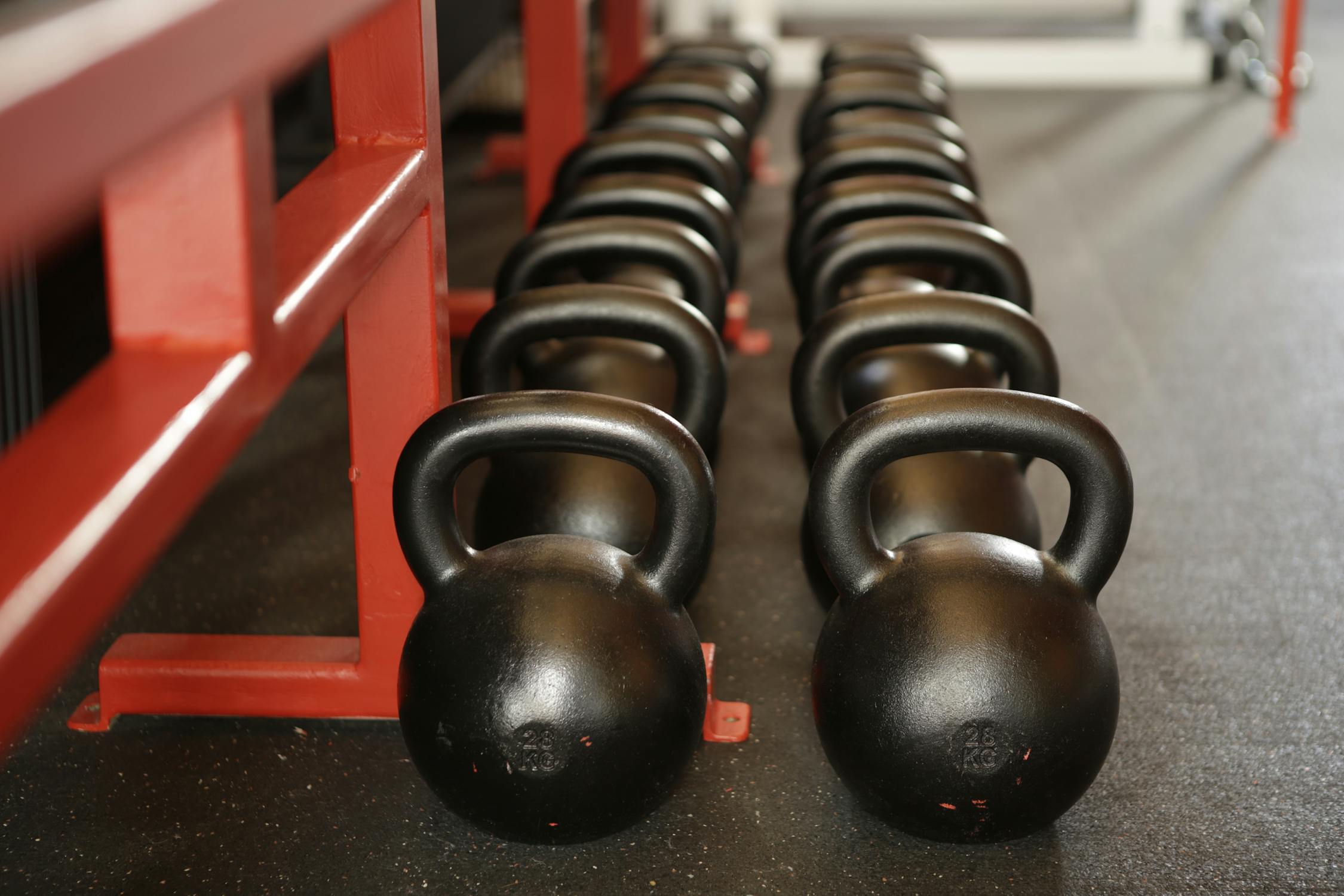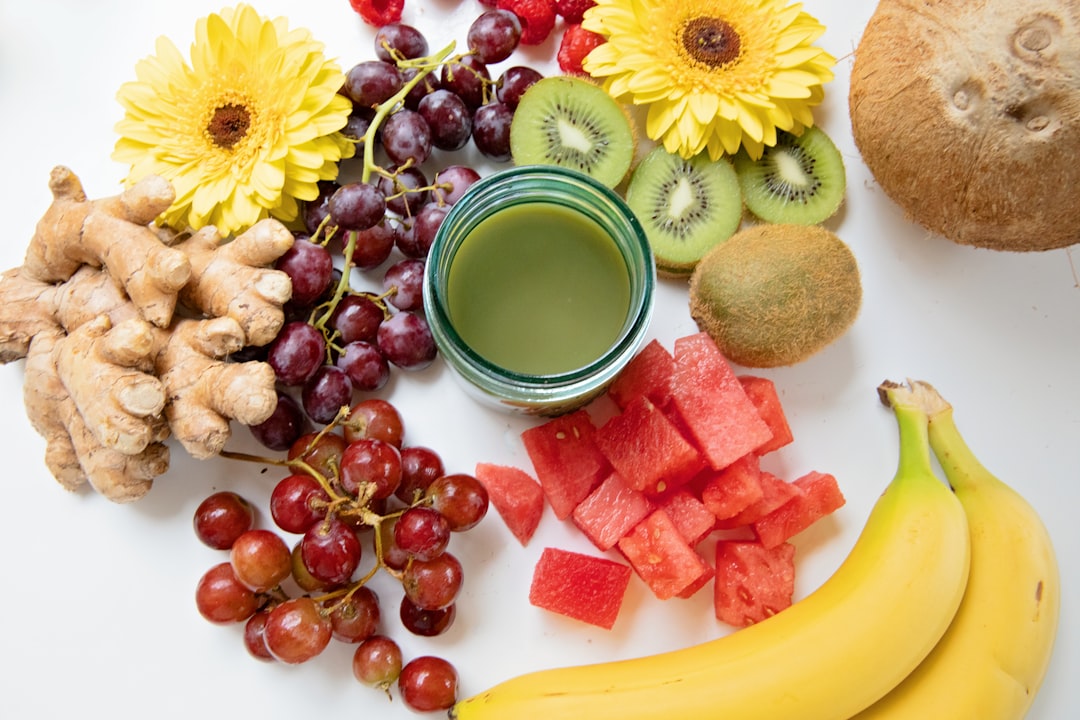Stepping into your 30s often feels like a new chapter, doesn’t it? While you might still feel youthful, your body’s needs are subtly shifting. The nutritional habits you formed in your 20s might not be cutting it anymore, and that’s perfectly normal! As we age, our metabolism can slow, bone density naturally begins to decline, and the demands on our bodies, both physically and mentally, often increase. This is why focusing on specific essential nutrients becomes incredibly important to support your health, energy, and overall well-being for decades to come. Let’s dive into the seven must-have nutrients for your 30s! 😊
1. Calcium & Vitamin D: The Bone Health Power Duo 🦴
By age 30, your bones typically reach their peak mass. After this point, bone density can slowly start to decrease, making calcium and vitamin D more critical than ever for maintaining strong bones and preventing conditions like osteoporosis later in life. Many Americans, in fact, do not get enough calcium or Vitamin D from their diet.
Calcium is the most abundant mineral in your body, essential not just for bones and teeth, but also for muscle function, nerve signaling, blood vessel movement, and hormone release. Without sufficient calcium, you might experience muscle cramping, weakness, and even irregular heart rhythms. The recommended daily intake for adults aged 31-50 is 1,000 milligrams of calcium per day.
Vitamin D is equally vital as it helps your body absorb calcium. It also plays a significant role in immune system function, mood regulation, and may even reduce the risk of certain chronic diseases. Your body produces Vitamin D naturally when exposed to sunlight, but it’s difficult to meet requirements through diet alone, especially for those with darker skin or limited sun exposure. Experts recommend at least 15 minutes in the sun per day.
The National Academy of Medicine recommends a daily intake of 600 IU of vitamin D for people ages one to 70. Foods rich in calcium include dairy products like milk, cheese, and yogurt, as well as kale, beans, and sardines. For Vitamin D, consider fortified foods, fatty fish like salmon, and egg yolks.
2. Magnesium: The Unsung Hero for Overall Wellness 🧘♀️
Magnesium is a powerhouse mineral involved in over 300 biochemical reactions in your body, from muscle and nerve function to blood sugar control, blood pressure regulation, and bone health. Despite its critical roles, magnesium deficiency is incredibly common, affecting an estimated 50% of adults in the United States.
After 30, adequate magnesium levels can help mitigate muscle cramps, spasms, and weakness. It’s also crucial for maintaining a steady heartbeat and regulating blood pressure, which becomes increasingly important as the risk of cardiovascular issues rises with age. Furthermore, magnesium is involved in regulating neurotransmitters like serotonin and dopamine, supporting mood and emotional well-being, and potentially reducing symptoms of stress, anxiety, and depression.
Magnesium is a “team player” working behind the scenes to keep all your systems in top shape. Good sources include leafy greens, nuts, seeds, beans, and dark chocolate. Adults generally need between 310 and 420 mg of magnesium per day.
3. Omega-3 Fatty Acids: Fueling Your Brain and Heart ❤️🧠
Omega-3 fatty acids, particularly EPA and DHA, are “healthy fats” that are incredibly important for your body and brain. They’ve been linked to numerous health benefits, including promoting brain and heart health, reducing inflammation, and protecting against several chronic conditions.
As you enter your 30s, silently, plaque buildup in arteries can begin. Omega-3s help reduce triglycerides, stabilize heart rhythms, and improve endothelial function, potentially preventing major issues later in life. Beyond heart health, omega-3s support cognitive function, mood, and emotional adaptability, helping your brain bounce back after stress. Some research also suggests they integrate into skin cell membranes, improving resilience to oxidative stress.
While omega-3 supplements are widely available, it’s generally better to prioritize food sources like fatty fish (salmon, mackerel), flaxseed, and chia seeds. Always consult a healthcare provider before taking supplements, especially if you have bleeding disorders or are on blood thinners.
Core Checkpoints: Don’t Forget These! 📌
You’ve made it this far! With so much information, it’s easy to forget the most crucial points. Let’s quickly recap the absolute essentials you should remember from the first three nutrients.
-
✅
Bone Health is a Priority:
After 30, bone mass naturally declines. Ensure adequate intake of Calcium (1000mg/day) and Vitamin D (600 IU/day) to maintain bone density and prevent future issues. -
✅
Magnesium: The Multi-Tasker:
This mineral is vital for muscle, nerve, heart, and mood regulation. Deficiency is common, so prioritize magnesium-rich foods. -
✅
Omega-3s for Brain & Heart:
These essential fatty acids are crucial for cardiovascular health, cognitive function, and reducing inflammation. Incorporate fatty fish and seeds into your diet.
4. Vitamin B12: The Energy and Nerve Protector ⚡
Vitamin B12 is crucial for making DNA, forming red blood cells, and supporting a healthy nervous system. Many of the symptoms of B12 deficiency arise from a lack of healthy red blood cells, which are needed to carry oxygen throughout the body. Symptoms can include fatigue, lethargy, low mood, shortness of breath, and nerve problems like “pins and needles” in the hands or feet.
While the human body doesn’t produce Vitamin B12, it’s present in animal-based foods such as red meat, poultry, eggs, dairy, and fish. Vegetarians and vegans are particularly at risk of deficiency and should consider fortified foods or supplements. Adults generally need around 2.4 micrograms (mcg) of vitamin B12 a day.
If you’re experiencing persistent fatigue, weakness, or neurological symptoms, it’s worth discussing your Vitamin B12 levels with your doctor. Early detection and treatment can prevent more severe complications.
5. Iron: Essential for Energy and Oxygen Transport 🩸
Iron is an essential mineral that your bone marrow uses to make healthy red blood cells, which carry oxygen throughout your body. When you don’t get enough iron, it can lead to iron deficiency anemia, causing symptoms like fatigue, weakness, headaches, chest pain, and cold hands and feet.
Iron deficiency is one of the most common nutrient deficiencies globally, and it’s particularly prevalent among women of reproductive age due to monthly blood loss. Roughly 35% of U.S. women under 50 are iron deficient. The recommended daily allowance (RDA) for women aged 18 to 50 is 18 mg of iron per day, while adult men and women over 50 need 8 mg.
Heavy menstrual periods and pregnancy are common causes of low iron in women. Iron deficiency often goes undiagnosed, so if you’re experiencing symptoms, talk to your doctor about getting your iron levels checked.
6. Fiber: The Digestive and Heart Health Champion 🍎
Fiber often doesn’t get the same attention as other nutrients, but it’s incredibly important for keeping your gut and heart happy. It aids in digestion, helps you feel full longer, regulates blood sugar levels, and can reduce the risk of cardiovascular disease, stroke, Type 2 diabetes, and colorectal cancer.
Unfortunately, most Americans are not getting enough dietary fiber. Studies show that only about 5% of U.S. adults get enough fiber in their diets, with most consuming only about 16 grams per day. The 2020-2025 Dietary Guidelines recommend that women ages 31-50 consume 25 grams of fiber per day, and men ages 31-50 consume 31 grams per day.
Incorporate fiber into every meal by choosing whole grains, fruits, vegetables, beans, and nuts. Start your day with oatmeal, pair lentil stew for lunch, and serve a healthy helping of vegetables with dinner. Remember to increase fiber intake gradually to avoid bloating and cramping.
7. Potassium: The Blood Pressure Regulator 🍌
Potassium is an essential mineral and electrolyte that plays a crucial role in maintaining fluid balance, nerve signals, and muscle contractions. It’s particularly important for heart health and blood pressure regulation. Low levels of potassium (hypokalemia) can contribute to high blood pressure, a common concern as we age.
Many Americans also fall short on their potassium intake. The Dietary Guidelines for Americans emphasize the importance of consuming potassium-rich foods to help manage blood pressure and support overall cardiovascular health. Incorporating a variety of fruits, vegetables, and legumes into your diet is the best way to ensure you’re getting enough of this vital mineral.
Excellent sources of potassium include bananas, oranges, potatoes, spinach, broccoli, and beans. Aim to make these a regular part of your meals to support healthy blood pressure and overall well-being.

Wrapping Up: Your Nutritional Journey After 30 📝
Entering your 30s is a fantastic time to reassess your nutritional needs and make proactive choices for your long-term health. By focusing on these seven essential nutrients – Calcium, Vitamin D, Magnesium, Omega-3 Fatty Acids, Vitamin B12, Iron, Fiber, and Potassium – you’re not just addressing potential deficiencies; you’re investing in your energy, bone strength, heart health, cognitive function, and overall vitality.
Remember, a balanced diet rich in whole foods is always the best approach. However, given the prevalence of certain deficiencies, strategic supplementation, under the guidance of a healthcare professional, can be a valuable tool. Take charge of your health now, and enjoy a vibrant, energetic life for years to come! Do you have any questions or personal experiences to share about nutrition in your 30s? Let us know in the comments below! 😊
Your 30s Nutrition Checklist
Frequently Asked Questions ❓
